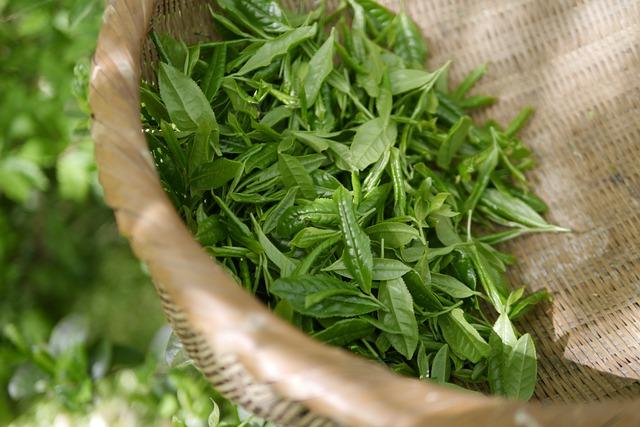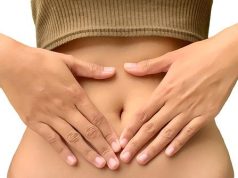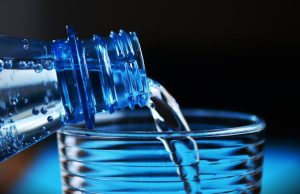In the world of wellness, where kale smoothies and yoga retreats reign supreme, detox teas have emerged as the latest elixir promising to cleanse our bodies and rejuvenate our spirits. Adorned with alluring labels and bold claims of purification, these teas have found their way into the pantries of health enthusiasts and the curious alike. But as the steam rises from the cup, so do questions about their safety. Are these herbal concoctions a genuine pathway to better health, or do they conceal hidden risks behind their fragrant brews? In this exploration, we delve into the world of detox teas, unraveling the science and scrutinizing the claims to uncover the truth about their safety and efficacy. Join us as we sip our way through the facts and fiction surrounding this popular trend.
Understanding the Ingredients: Whats Really in Your Detox Tea
When it comes to detox teas, the ingredient list often reads like a who’s who of herbal remedies. Senna leaf, known for its laxative properties, is a common inclusion, promising a quick cleanse but sometimes at the cost of stomach discomfort. Dandelion root and burdock root are other frequent guests, revered for their diuretic effects, which can help reduce water retention but may lead to dehydration if not consumed carefully.
- Green tea: Packed with antioxidants, it claims to boost metabolism.
- Ginger root: Known for its anti-inflammatory properties, adding a spicy kick.
- Lemon balm: Offers a calming effect and a refreshing aroma.
- Peppermint: Provides a cooling sensation and may aid digestion.
While these ingredients may sound beneficial, the efficacy and safety of detox teas can vary significantly. It’s crucial to understand the role each component plays and to be aware of potential side effects. Consulting with a healthcare professional before embarking on a detox regimen is always a wise choice.
The Science Behind Detoxification: Fact or Fiction
Detoxification has become a buzzword in the wellness industry, often linked with promises of cleansing the body and promoting health. However, the science behind this process is complex and sometimes misunderstood. Detox teas, in particular, are marketed as natural solutions to eliminate toxins and enhance well-being. But are these claims supported by scientific evidence, or are they simply marketing hype?
At the core of the detoxification debate lies the body’s innate ability to cleanse itself. Our liver, kidneys, and other organs are naturally designed to filter out harmful substances. The idea that a tea can significantly enhance this process is met with skepticism by many experts. Consider the following points when evaluating detox teas:
- Ingredients: Many detox teas contain herbal ingredients like dandelion, milk thistle, and senna. While some of these herbs have traditional uses, their effects can vary widely among individuals.
- Scientific Support: Currently, there is limited scientific evidence to support the efficacy of detox teas in promoting significant detoxification.
- Potential Risks: Some teas may lead to dehydration or electrolyte imbalances due to their diuretic properties, particularly when consumed in excess.
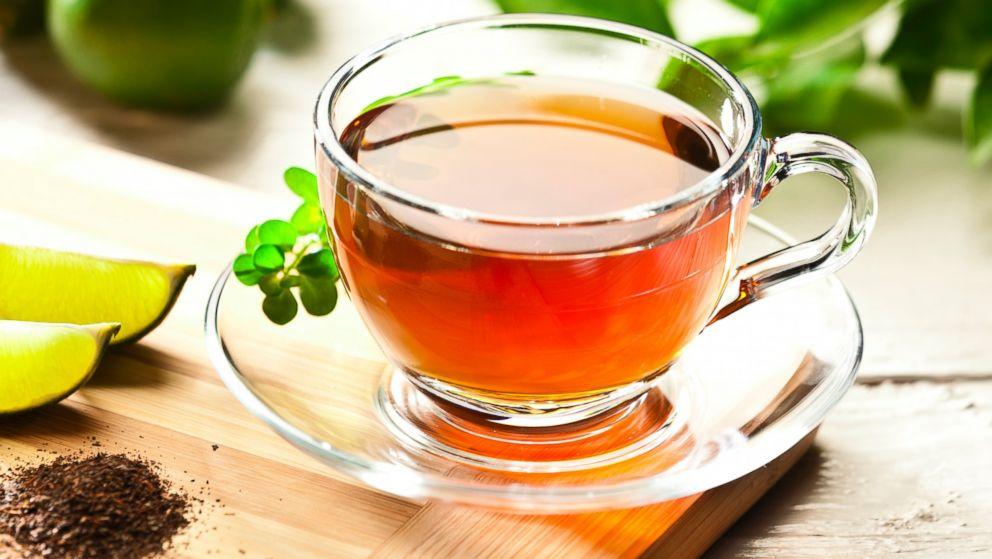
Potential Health Risks: What You Need to Know Before You Sip
While detox teas often promise a plethora of health benefits, it’s crucial to be aware of the potential risks associated with their consumption. Many detox teas contain high levels of caffeine and laxatives, which can lead to dehydration and electrolyte imbalances. These ingredients, when consumed in excess, may cause adverse effects such as:
- Stomach cramps
- Nausea and vomiting
- Diarrhea
- Increased heart rate
- Anxiety and restlessness
Additionally, some detox teas include herbs and supplements that may interact with prescription medications, potentially leading to unexpected side effects. It’s important to note that the long-term safety of these products has not been thoroughly studied, raising concerns about their impact on liver and kidney health. Before incorporating detox teas into your routine, consider consulting a healthcare professional to evaluate the risks and ensure they align with your personal health goals.
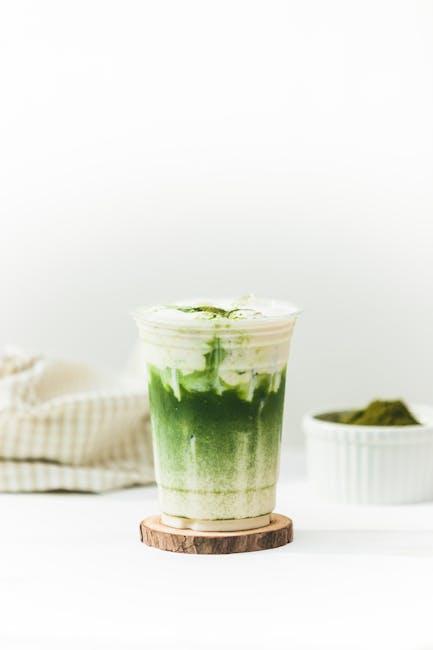
Expert Recommendations: Safe Practices for Enjoying Detox Teas
When indulging in detox teas, it’s essential to prioritize safety to enjoy their benefits without any adverse effects. Experts advise that you should always check the ingredient list for any allergens or components you might be sensitive to. Many detox teas contain a mix of herbs and natural ingredients that might interact with medications or exacerbate health conditions. It’s wise to consult with a healthcare provider before introducing these teas into your routine, especially if you are pregnant, nursing, or have existing health concerns.
- Moderation is key: Limit your detox tea intake to the recommended serving size, often one to two cups per day.
- Stay hydrated: Ensure you drink plenty of water throughout the day to aid the detoxification process and prevent dehydration.
- Be mindful of caffeine: Some detox teas contain caffeine, so it’s important to be aware of your overall daily caffeine consumption.
- Monitor your body’s response: Pay attention to how your body reacts and discontinue use if you experience any negative side effects.





















